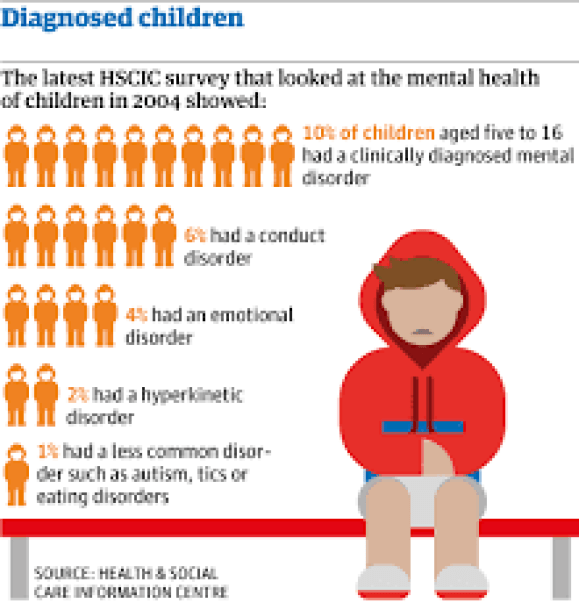As a woman, it is important to be aware of your body and any changes that may arise. Being able to spot symptoms of common women’s health issues can help you seek treatment early and maintain your overall well-being. In this article, we will discuss some of the most common women’s health issues and the symptoms to look out for.
1. Breast Cancer
Breast cancer is one of the most common types of cancer in women. Symptoms of breast cancer can include a lump in the breast or armpit, changes in the size or shape of the breast, nipple discharge, or skin changes such as redness or dimpling. It is important to perform regular self-exams and to have regular screenings to detect any abnormalities early.
2. Ovarian Cancer
Ovarian cancer is often called the “silent killer” because symptoms can be subtle and easily overlooked. Some signs of ovarian cancer include abdominal bloating, pelvic pain, frequent urination, and changes in appetite. If you experience any of these symptoms, it is important to speak with your healthcare provider.
3. Polycystic Ovary Syndrome (PCOS)
PCOS is a hormonal disorder that affects women of reproductive age. Symptoms of PCOS can include irregular periods, acne, weight gain, and excess hair growth. It is important to see a healthcare provider if you suspect you may have PCOS, as it can lead to long-term health concerns such as infertility and diabetes.
4. Endometriosis
Endometriosis is a painful condition in which the tissue that normally lines the inside of the uterus grows outside of it. Symptoms of endometriosis can include pelvic pain, heavy periods, painful intercourse, and infertility. If you suspect you may have endometriosis, it is important to seek treatment to manage symptoms and preserve fertility.
5. Urinary Tract Infections (UTIs)
UTIs are common bacterial infections that can affect the urinary system. Symptoms of UTIs in women can include a strong, persistent urge to urinate, burning sensation during urination, cloudy or strong-smelling urine, and pelvic pain. It is important to seek treatment for UTIs promptly to prevent complications such as kidney infections.
6. Thyroid Disorders
Thyroid disorders such as hypothyroidism and hyperthyroidism are more common in women than men. Symptoms of thyroid disorders can vary but may include fatigue, weight changes, hair loss, and mood swings. If you suspect you may have a thyroid disorder, it is important to see a healthcare provider for proper diagnosis and management.
7. Depression and Anxiety
Mental health issues such as depression and anxiety are more prevalent in women. Symptoms of depression and anxiety can include persistent sadness, changes in appetite, fatigue, and difficulty concentrating. It is important to seek help from a mental health professional if you are experiencing symptoms of depression or anxiety.
Conclusion
Being able to spot symptoms of common women’s health issues is crucial for maintaining overall health and well-being. By staying attuned to your body and seeking medical attention when needed, you can prevent serious health complications and live a healthier, happier life. Remember to prioritize your health and make self-care a priority.


